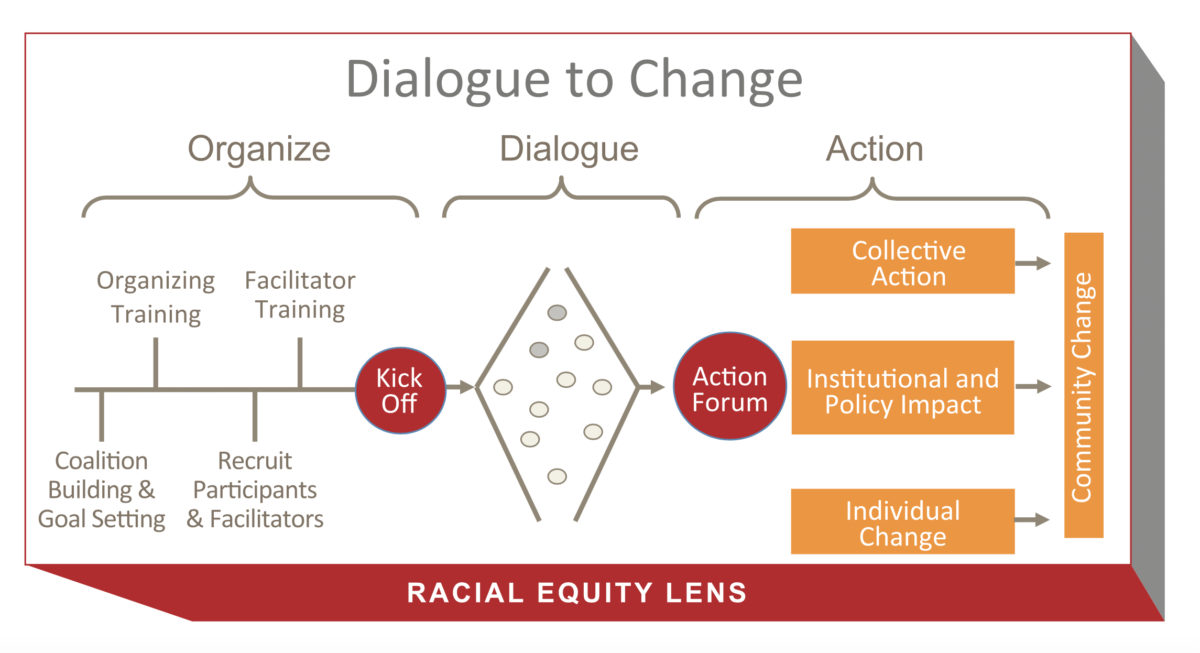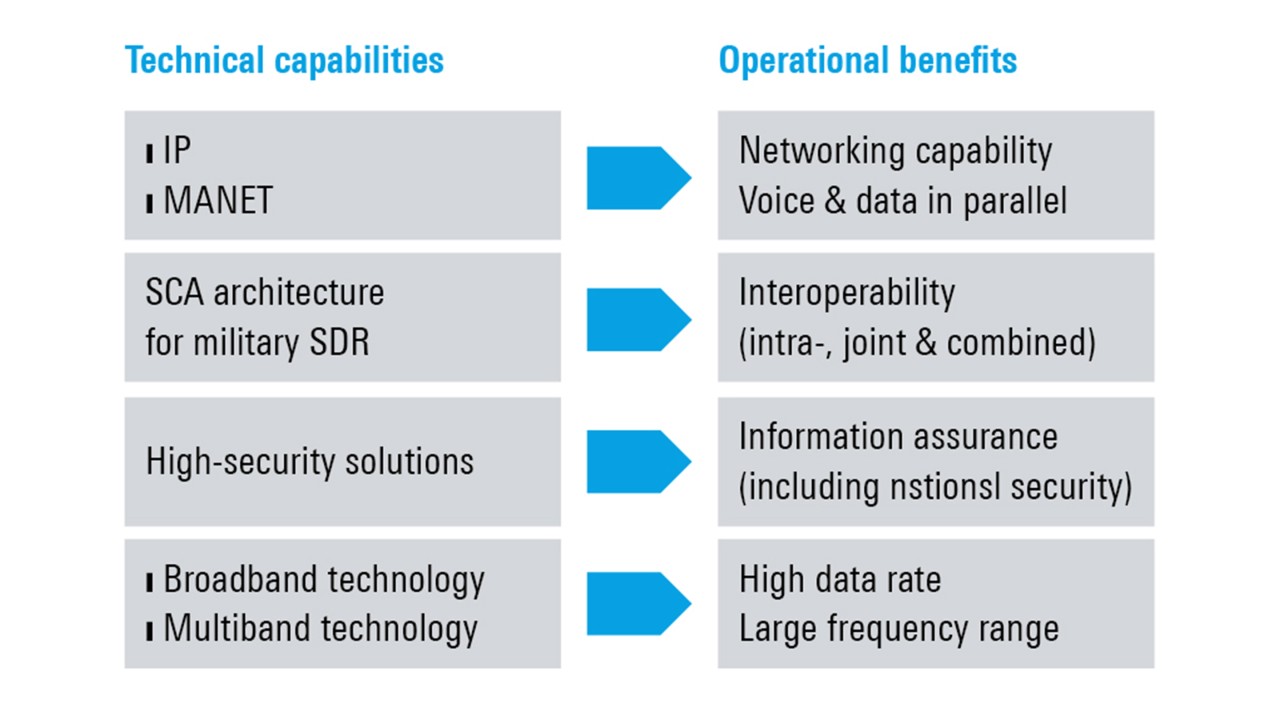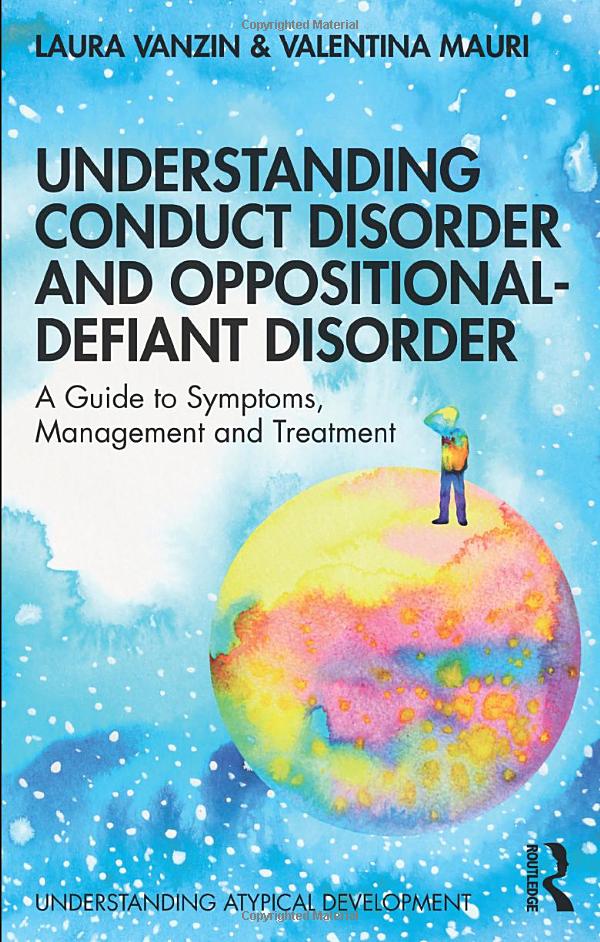Understanding the Concept of "Define Opposites Attract" in Relationships
Guide or Summary:Define Opposites AttractThe Psychology Behind "Opposites Attract"Challenges of Opposites AttractFinding Balance in Opposite TraitsConclusio……
Guide or Summary:
- Define Opposites Attract
- The Psychology Behind "Opposites Attract"
- Challenges of Opposites Attract
- Finding Balance in Opposite Traits
- Conclusion: Embracing Differences in Relationships
Define Opposites Attract
The phrase "opposites attract" refers to the idea that people with contrasting characteristics or personalities are often drawn to each other. This concept has been widely discussed in psychology and relationship dynamics, suggesting that differences can create a magnetic pull between individuals. The term implies that while two people may have opposing traits, these very differences can lead to a strong and unique bond.
The Psychology Behind "Opposites Attract"
From a psychological perspective, the attraction between opposites can be understood through various theories. One explanation is the complementarity theory, which posits that individuals seek partners who fulfill their emotional and psychological needs. For instance, an extroverted person may be attracted to an introverted partner because the latter provides a sense of calm and stability, while the extrovert brings excitement and social engagement to the relationship.

Moreover, the novelty factor plays a significant role in this attraction. When two people are different, they can offer new experiences and perspectives, which can be refreshing and stimulating. This dynamic can lead to a sense of adventure and discovery, making the relationship more exciting.
Challenges of Opposites Attract
While the idea of "opposites attract" can lead to exciting relationships, it also comes with its own set of challenges. Differences in values, communication styles, and lifestyles can create misunderstandings and conflicts. For example, a couple where one partner is a meticulous planner and the other is spontaneous may struggle to find common ground when it comes to making decisions or planning activities.
Furthermore, the initial attraction based on differences might fade over time, leading to a desire for more compatibility. As partners grow and evolve, they may find that their opposing traits become more pronounced, leading to frustration and dissatisfaction within the relationship.

Finding Balance in Opposite Traits
To make a relationship thrive when "opposites attract," it is essential to find a balance between differences and similarities. Open communication is key; partners should express their needs and concerns while being willing to compromise. Understanding and appreciating each other's unique traits can foster respect and admiration, turning potential conflicts into opportunities for growth.
Engaging in shared activities can also help bridge the gap between opposing personalities. For instance, an introverted partner may learn to enjoy social gatherings by participating in smaller, more intimate settings, while the extroverted partner can appreciate quiet evenings at home. This blending of traits can lead to a deeper connection and a richer relationship experience.
Conclusion: Embracing Differences in Relationships
In conclusion, the concept of "define opposites attract" offers valuable insights into the dynamics of relationships. While differences can create challenges, they also provide opportunities for growth, learning, and deeper connections. By embracing each other's unique traits and finding common ground, couples can build a strong and lasting bond that celebrates both their similarities and differences. Understanding and navigating the complexities of attraction can lead to fulfilling and enriching relationships that stand the test of time.
